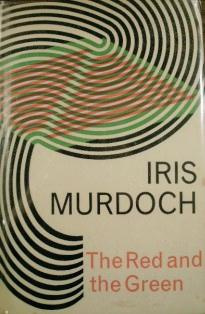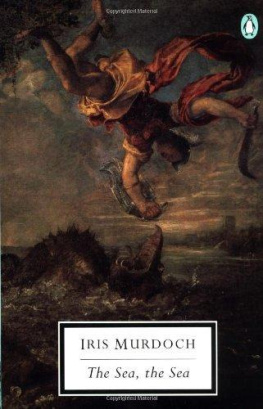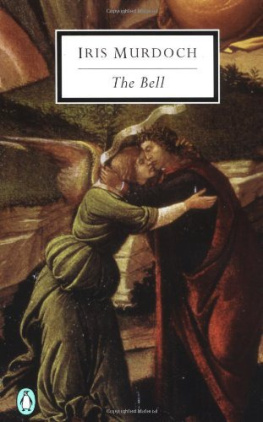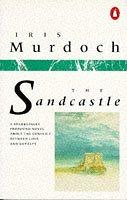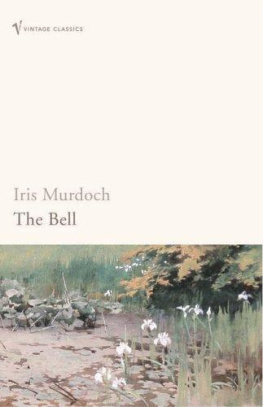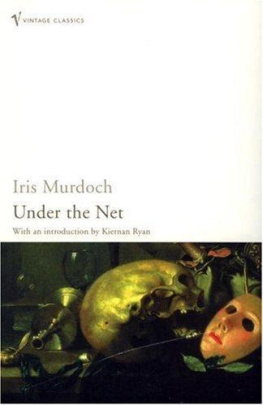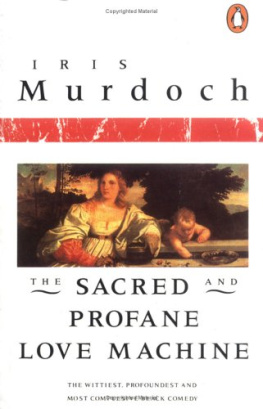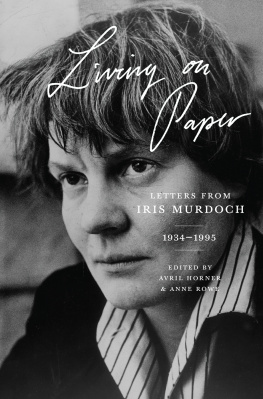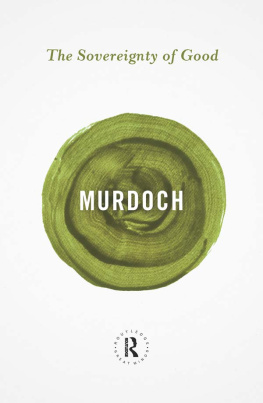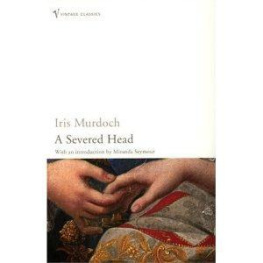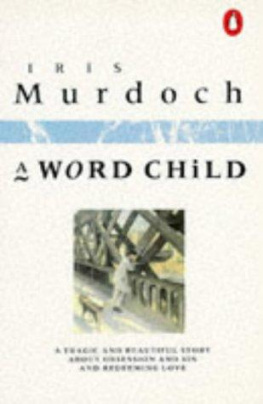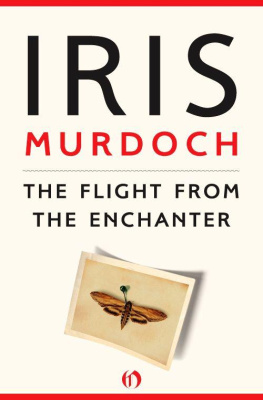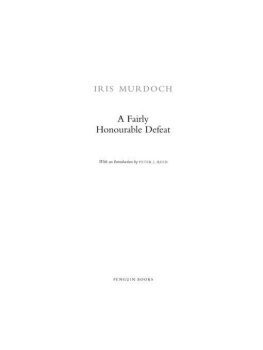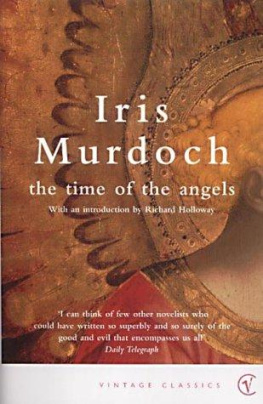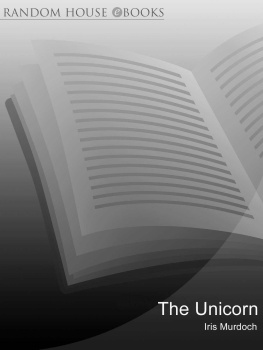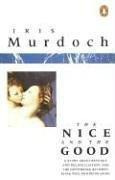Iris Murdoch - Red And The Green
Here you can read online Iris Murdoch - Red And The Green full text of the book (entire story) in english for free. Download pdf and epub, get meaning, cover and reviews about this ebook. year: 2002, genre: Art / Prose. Description of the work, (preface) as well as reviews are available. Best literature library LitArk.com created for fans of good reading and offers a wide selection of genres:
Romance novel
Science fiction
Adventure
Detective
Science
History
Home and family
Prose
Art
Politics
Computer
Non-fiction
Religion
Business
Children
Humor
Choose a favorite category and find really read worthwhile books. Enjoy immersion in the world of imagination, feel the emotions of the characters or learn something new for yourself, make an fascinating discovery.
- Book:Red And The Green
- Author:
- Genre:
- Year:2002
- Rating:3 / 5
- Favourites:Add to favourites
- Your mark:
- 60
- 1
- 2
- 3
- 4
- 5
Red And The Green: summary, description and annotation
We offer to read an annotation, description, summary or preface (depends on what the author of the book "Red And The Green" wrote himself). If you haven't found the necessary information about the book — write in the comments, we will try to find it.
Red And The Green — read online for free the complete book (whole text) full work
Below is the text of the book, divided by pages. System saving the place of the last page read, allows you to conveniently read the book "Red And The Green" online for free, without having to search again every time where you left off. Put a bookmark, and you can go to the page where you finished reading at any time.
Font size:
Interval:
Bookmark:
Iris Murdoch
The Red and The Green
1965
To Philippa Foot
TEN MORE glorious days without horses! So thought Second-Lieutenant Andrew Chase-White, recently commissioned in the distinguished regiment of King Edwards Horse, as he pottered contentedly in a garden on the outskirts of Dublin on a sunny Sunday afternoon in April nineteen sixteen. The garden in question, secluded behind substantial walls of rough golden stone, was large, and contained two ailing but gallant palm trees. The house, a dignified villa called Finglas, with big square windows and a shallow slate roof, was washed a light slightly streaky blue. It was both neat and spacious, built in a style of confident seaside Georgian which in Ireland had felicitously continued until the beginning of the present century and after. The house and garden, the walls and palm trees, the property of the father of Andrews fiance, were situated in Sandycove Avenue, Sandycove, one of the bright little roads of multicoloured villas which run down to the sea from the main road which leads from Dublin out to Killiney and Bray. The road on which Finglas stood, or from which, conscious of a certain superiority over the other houses, it withdrew, was clean and very quiet, seeming always full of a grey luminous light from the sea, which could be seen and indeed heard at the foot of the hill where the road ended casually in the water and the pavement turned into yellow rocks, folded and wrinkled and shining with crystalline facets. The road partook indeed of the hardness and cleanness of the rocks and the coldness and clearness of the water. Visible to the left, if one went right down to the end, and visible too from the upper windows of Finglas, was the bulky headland with the Martello tower upon it, the Acropolis of the village. The headland concealed the view of Kingstown, but from the seas edge could be seen the folded back arm of Kingstown pier, its terminal lighthouse rising in the middle, seeming to end with the gaunt obelisk, happy commemoration of the departure from Ireland of George the Fourth. Straight ahead, across the very light dirty grey-green waters of Dublin Bay, lay the blue couchant silhouette of Howth Head, and to its right the open sea horizon, a line of cold mauve above the grey: whereon even now Andrew, pausing in his task, saw the smudge on the skyline which was the approaching mail boat. In spite of increasing activity from German submarines, the mail boats reached Kingstown with scarcely diminished regularity, though an erratic course, adopted in the interests of safety, brought the smudge of smoke into view at various and unpredictable points of the horizon.
The scene was, for Andrew, intensely familiar and yet disturbingly alien. It was like a place revisited continually in dreams, both portentous and fleeting, vivid to the point of necessity, but not entirely real. Here too it was as if his senses worked at a half pace, and smells of houses, rough feels of garden walls, echoes of voices in conservatories, were spread out and enlarged into something weird, too big and too close for comfort. Andrews family were Anglo-Irish, but he had never lived in Ireland, although he had spent most of his childhood holidays there. He had in fact, by what he regarded as a somewhat tiresome accident, been born in Canada, where his father, who had been in the insurance business, had once spent two years. Andrew had grown up in England and more especially in London, and felt himself unreflectively to be English, although equally unreflectively he normally announced himself as Irish. Calling himself Irish was more of an act than a description, an assumption of a crest or picturesque cockade. Ireland remained for him a mystery, an unsolved problem: and a problem which was in some obscure way disagreeable. There was of course the religious question. A far from devout and, in England, an uncontentious, uninterested, almost entirely non-practising Anglican, he felt, on arrival in Ireland, his Protestant hackles rise. There was an aggressive tingling, and something deeper which was unnervingly like fear. Today was Palm Sunday and Andrew, together with his mother and his fiance, Frances Bellman, had attended matins at the Mariners Church in Kingstown. On emerging from the church they had found the streets filled with those others who, streaming in far greater numbers out of their chapels, were now parading about, more slowly, more confidently, carrying palms in their hands. For them it seemed, and for their sins Christ was even now entering Jerusalem, and their demeanour exhibited already a satisfaction, even a possessiveness, which made the congregation of the Mariners Church, trotting more soberly homeward with averted eyes, feel unreal and perfunctory, unconnected with the great events to honour which these arrogant strollers were almost casually decked. Andrews personal apprehension of this difference, this contrast with something gaudier, more vital and more primitive, was heightened by the fact that a number of his Irish relations had, to the extreme almost incredulous horror of his mother, become Roman Catholic converts.
Andrews father, who had died just over two years ago, had been himself a scholar manqu, a gentle bookish man who had passed thoughtfully and ineffectually through life, always a little diffident and puzzled. He had wanted Andrew to be a scholar, and had been overjoyed when his son effortlessly collected a history scholarship at Cambridge in the year before the war. This achievement, however, seemed to have exhausted Andrews academic capacities and ambitions, and he had spent an idle though not particularly riotous year at the university when the war came. He left Cambridge with the intention of enlisting, taking with him a passion for Malory and a vague ambition to become a great poet, and very little else in the way of higher education. His desire to serve his country was checked, however, at the outset by a prolonged bout of asthma, an ailment from which he had suffered intermittently since childhood. Pronounced fit at last, he had joined up in the autumn of 1915 and had been rapidly commissioned.
Andrew detested and feared horses. It was therefore, to those who knew him well, a matter of some puzzlement that he had chosen to serve in a cavalry regiment. The key to this phenomenon lay in Andrews Irish cousins. He was himself an only child, and as such had pondered long and with fascination upon the mysterious and frightening sibling-relationship of which he was deprived. His various cousins, all of whom lived in Ireland, had served him in those long hated and yet loved holidays of childhood as sibling-substitutes, temporary trial brothers and sisters, for whom his uncertain affection took the form of an irritated rivalry. He felt himself indubitably superior to this heterogeneous and, it seemed to him, rather uncultivated and provincial gang of young persons, always noisier, gayer and more athletic than himself. But his superiority was rarely recognized. More often he found himself forced to play the dull one, left out of the game, not understanding the joke. This had especially been so in the matter of horses. All his cousins were natural, casual riders. They were a race of young horsemen, passing him by with the insolence of the mounted. Indeed, his earliest memories of Frances, who was herself a remote relation and had belonged to the gang, were of a swift mounted girl, a graceful side-saddle Amazon, outdistancing him, disappearing.
So it was that Andrews now so distressingly close association with horses had come about through a simple desire to impress his cousins. There was in it too, though Andrew recognized this less clearly, an element of masochism. It was like his irresistible desire always to dive off the highest board in the swimming baths, although he was terrified of heights. He had, for very fear, to press close to him the object of terror. He had established his relationship with King Edwards Horse long before, in peacetime, with no other idea than that of getting some inexpensive equestrian experience. Since he could count himself for these purposes as a Canadian, he had found it easy and convenient to attach himself to this eminent and predominantly Colonial regiment. The arrival of the war converted his game into a dreadful seriousness and hoisted him with his own petard. Pride forbade any contemplation of a change of unit. And now in his dreams he found himself pursued and cornered by enormous horses wearing German uniforms.
Font size:
Interval:
Bookmark:
Similar books «Red And The Green»
Look at similar books to Red And The Green. We have selected literature similar in name and meaning in the hope of providing readers with more options to find new, interesting, not yet read works.
Discussion, reviews of the book Red And The Green and just readers' own opinions. Leave your comments, write what you think about the work, its meaning or the main characters. Specify what exactly you liked and what you didn't like, and why you think so.

